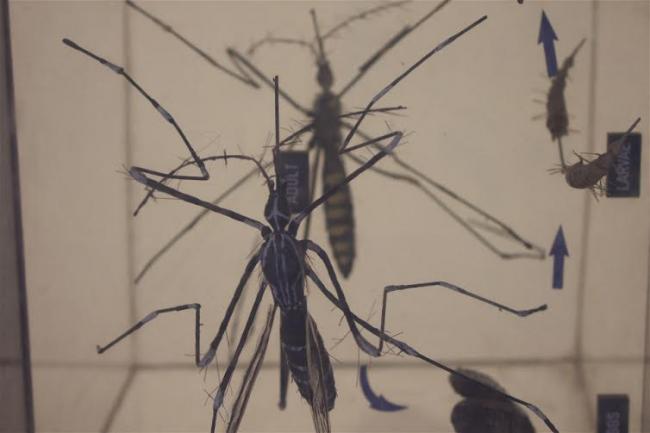Just Earth News/IBNS 05 Feb 2016

Photo: Kate Mayberry/IRIN
“Now is the time for countries to prepare themselves to reduce the risk to their populations. As there is no vaccine or treatment for Zika virus disease, we must protect the European region by stopping the disease at its source,” said Dr. Zsuzsanna Jakab, WHO Regional Director for Europe, in a press release.
“A number of travellers infected with Zika have entered Europe, but the disease has not been transmitted further, as the mosquito is still inactive. With the onset of spring and summer, the risk that Zika virus will spread increases,” she added.
WHO Director-General Dr. Margaret Chan declared on Monday that the recent cluster of microcephaly and neurological disorders in Latin America and the Caribbean constitutes a public health emergency of international concern and requires a united response.
Dr. Chan defined it an "extraordinary event" and a public health threat to other parts of the world, on the basis of a strong suspicion of a causal link between this cluster of disorders and Zika virus disease, as agreed by the experts on the International Health Regulations Emergency Committee.
“The combination of broad geographical distribution of mosquito species that can transmit the virus, the absence of immunity against the virus throughout the world and lack of both a vaccine and rapid, reliable diagnostic tests raises concerns that Zika virus disease will spread globally,” warned Dr. Jakab.
Meanwhile, asked whether the new case in Dallas, Texas, in the United States was a major cause for alarm, WHO Communications Officer, Gregory Hartl, said of course it's a concern but 99 per cent or more of cases are transmitted by mosquitoes.
“What is most important in all this is protecting oneself from mosquito bites in the first place, and the protection starts with national authorities doing good vector control programmes, and at an individual level there are several things one can do to stay away from mosquitoes and to reduce ones chance of getting bitten,” he said.
This includes wearing proper clothing, using insect repellent, staying indoors during peak mosquito times, and sleeping under bed nets.